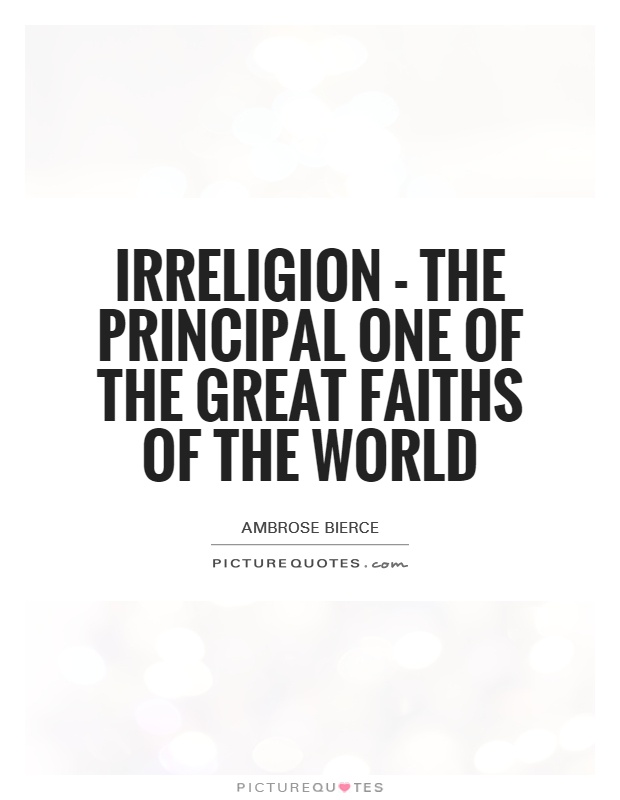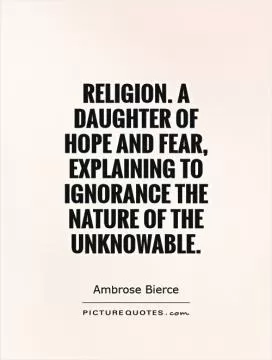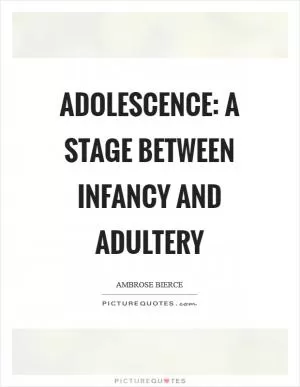Irreligion - the principal one of the great faiths of the world

Irreligion - the principal one of the great faiths of the world
Ambrose Bierce, a renowned American writer and satirist, was known for his sharp wit and critical views on religion. In his works, Bierce often explored the concept of irreligion, or the rejection of religious beliefs and practices. He saw irreligion as a valid and important perspective in the realm of faith, and even went so far as to consider it the principal one of the great faiths of the world.Bierce's views on irreligion were shaped by his own experiences and observations of the world around him. He saw the harm that religious dogma and fanaticism could cause, and believed that a lack of belief in organized religion could lead to a more rational and ethical way of living. Bierce was a staunch critic of hypocrisy and intolerance in religious institutions, and saw irreligion as a way to break free from the constraints of traditional faith.
In Bierce's eyes, irreligion was not simply a rejection of religion, but a positive belief in the power of reason and human agency. He believed that individuals could find meaning and purpose in life without the need for supernatural explanations or divine intervention. Bierce saw irreligion as a way to embrace the complexities and uncertainties of the world, rather than seeking simplistic answers in religious doctrine.
Bierce's views on irreligion were controversial in his time, and continue to be debated today. Some see his rejection of religion as nihilistic or cynical, while others view it as a courageous and rational stance in the face of religious dogma. Regardless of one's interpretation, Bierce's exploration of irreligion remains a thought-provoking and relevant topic in the study of faith and belief.












 Friendship Quotes
Friendship Quotes Love Quotes
Love Quotes Life Quotes
Life Quotes Funny Quotes
Funny Quotes Motivational Quotes
Motivational Quotes Inspirational Quotes
Inspirational Quotes